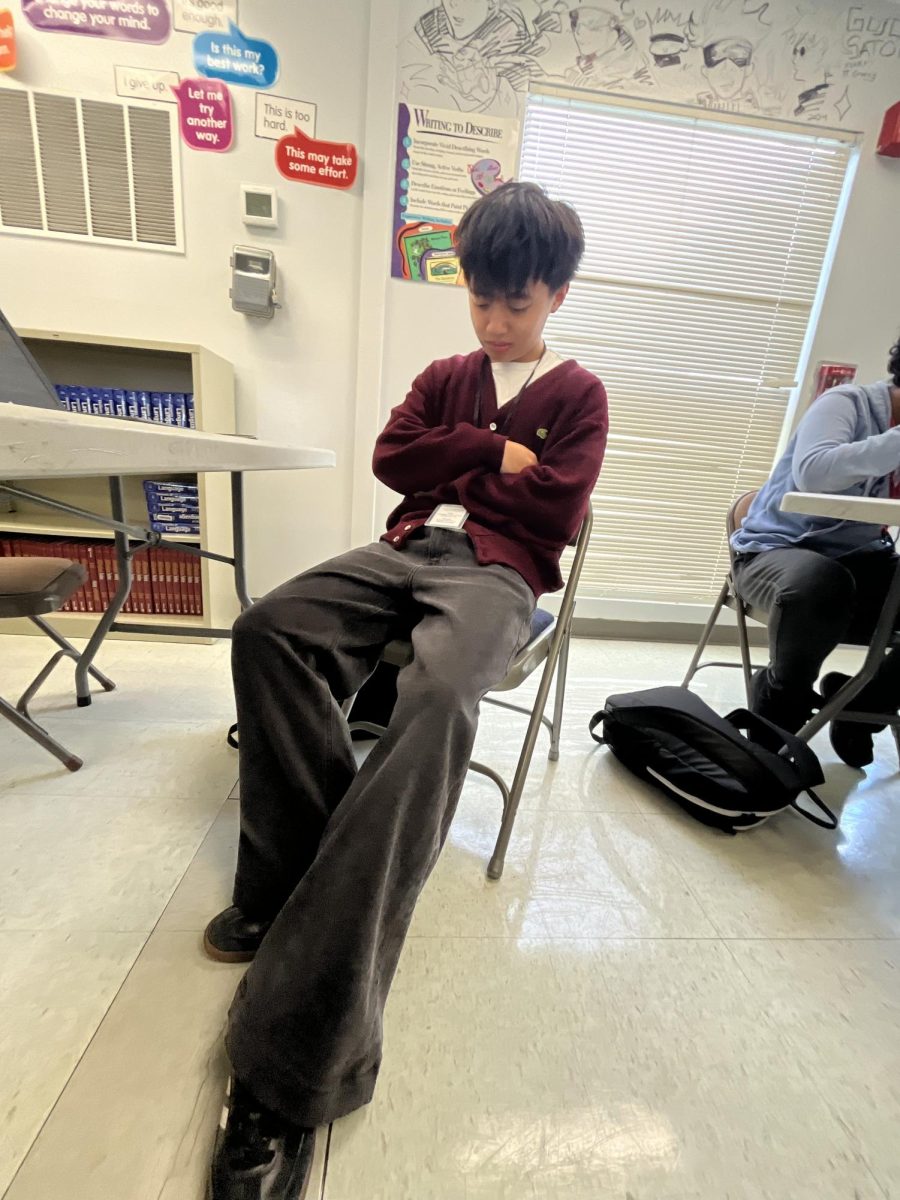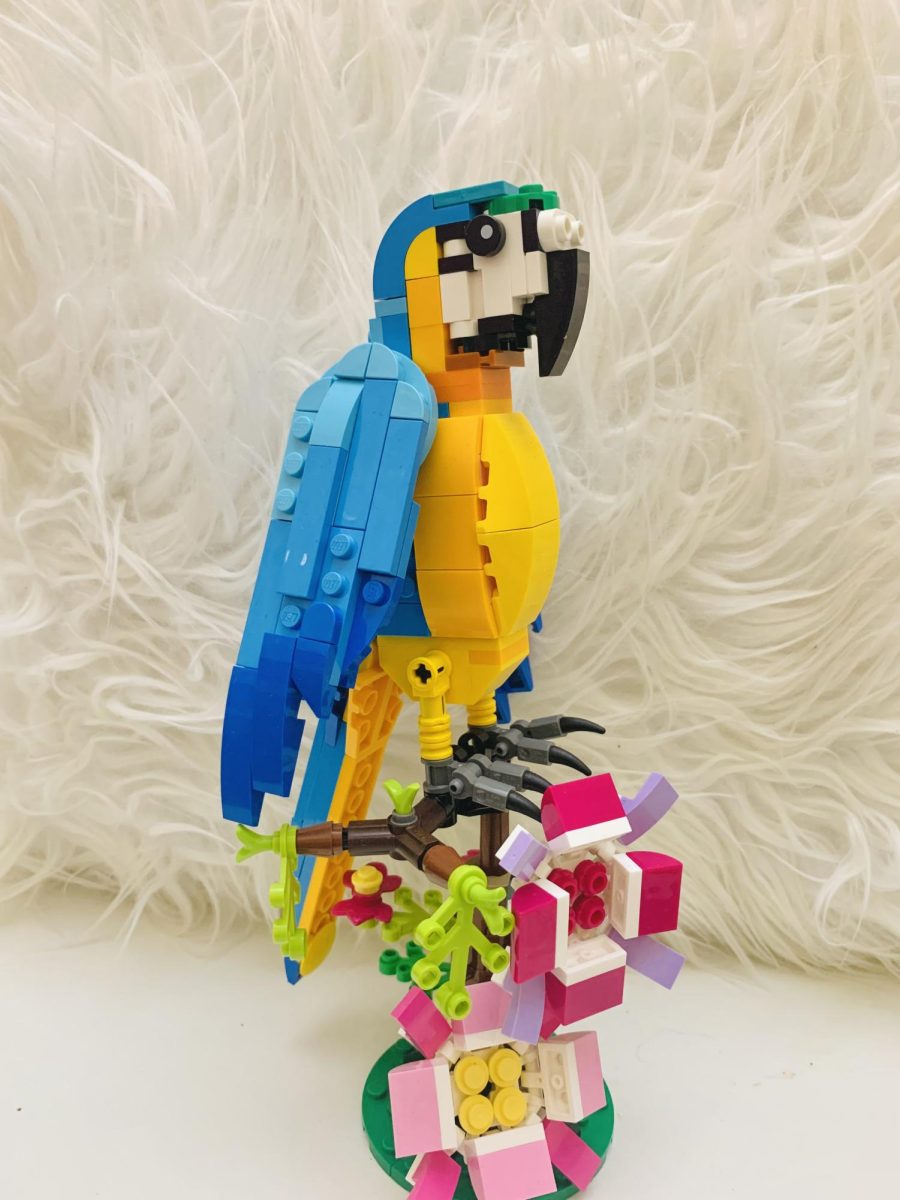Being bilingual is a useful skill to have in today’s integrated society. Knowing a second language can be useful when traveling to different parts of the world or even applying for a job in an area where a certain language is dominant. A minimum of two language courses in high school is a requirement for those entering a four year university. Nevertheless, language learning can also be a fun process and for some people a hobby, passion and/or career. Learning a second language is a long process that requires patience, consistency, daily practice and motivation. If you have been considering learning another language on your own or are in the process of learning one, here are some tips to help get you to the level of fluency you seek in the briefest amount of time possible.
Practice For At Least 5 Minutes Everyday
Consistency is the key to learning a second language. The most effective way to intake long term information is to learn a little at a time at least once a day. Going over 100 vocabulary words and phrases on Monday and only 10 words and phrases for the rest of the week is more likely to demotivate you and cause you to give up easily. The best way to go about this learning process is to set a daily goal and time and stick to it. If you are afraid you will have difficulty committing to this goal or maintaining a streak then set an alarm on your phone as a daily reminder. Whether you’re memorizing 20, 50 or even 100 words a day your consistency and motivation will eventually pay off. The more words you know, the easier it will become to recognize them in sentences and piece them together to understand them in a sentence which will make learning grammar feel more natural as well.
Listen to Music
A lot of people enjoy listening to music throughout their day. As result of this, after hearing the same lyrics and words overtime, people begin to pick up on some of the most significant elements of the language including sentence structure and key words and phrases. When you listen to a song that is meaningful to you, it most likely entails words and phrases that you can resonate with or relate to. Listening to music is a fun process for many people so incorporating this in the language learning process can make it all the more fun and help you pick up on important vocabulary much faster. You may not be able to initially comprehend everything they are saying in the song, but this will cause you to look up the lyrics and memorize them so you can sing along.
Watch Movies/Shows
Like listening to music, watching your favorite movies and shows in that language is probably a lot more fun than sitting at a desk and taking notes for hours everyday. Watching movies can demonstrate how particular words and phrases are used in countries where that language is predominantly spoken. For beginners, it would be best to initially begin with subtitles in your native language before going with subtitles and if you don’t understand a word or phrase the translation is down below and will prompt you to look it up and memorize it a lot more. If you have a favorite film or show you have enjoyed watching, watching it again in that language can also be helpful.
Make Friends
Communicating with native speakers of the language you are trying to learn is a vital part of the process. By talking to native speakers, you are more likely to be corrected on your grammar and can gain an understanding of basic communication skills. Talking to native speakers is also good practice and will help you to get adjusted to the accent, sentence structure and force you to think of the words to express in that particular language. According to a survey by census.gov, in the United States, there are 2.9 million Chinese speakers, 1.6 million Tagalog speakers, 1.4 million Vietnamese speakers, 1.3 million French speakers and 1.1 million Korean and German speakers. If you target language is not on that list, there are plenty more commonly spoken languages in America. In order to speak with a native speaker, you don’t have to be at a highly fluent and experienced level. Basic conversational skills should get you through a basic conversation. Another tip is to find someone who is trying to learn your native language and speaks your target language fluently, that way you can help each other.









